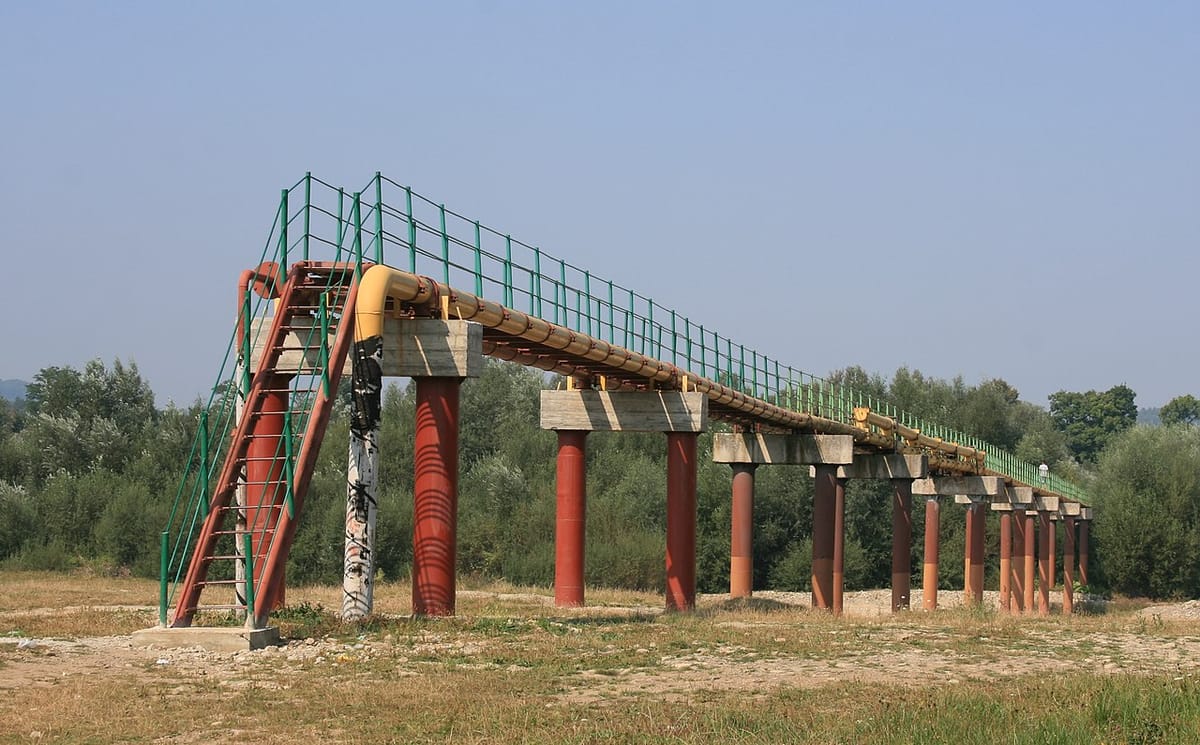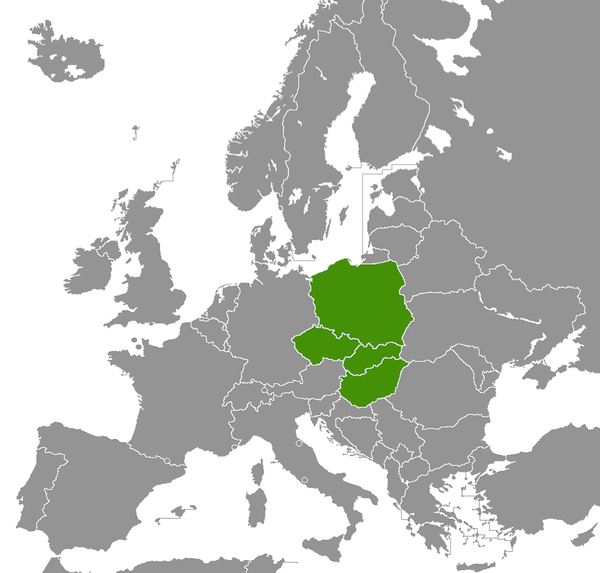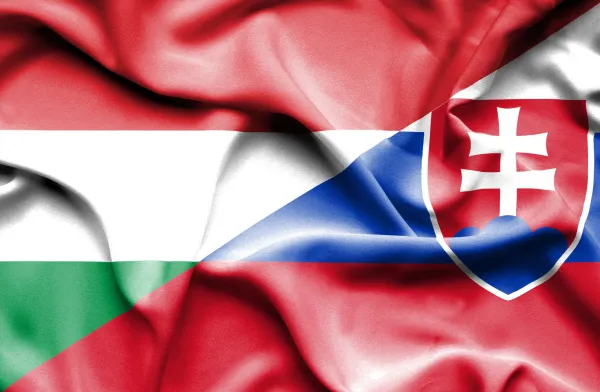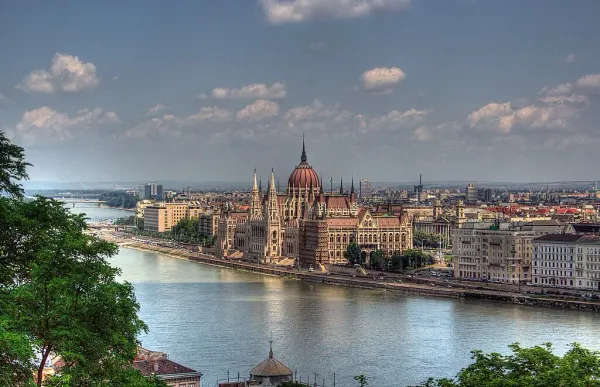
Hungary, Slovakia decry Ukraine halt to oil transit
Slovakia and Hungary have vehemently criticised Ukraine’s recent decision to halt the transit of Russian Lukoil oil to Hungary, with Hungarian Foreign Minister Peter Szijjarto describing it as “incomprehensible and unacceptable”.
These sanctions prevent Lukoil from renting the Druzhba (Friendship) pipeline for transit purposes. As approximately 70% of the oil processed by the Hungarian oil company MOL comes from Russia, this move threatens to create a fuel supply issue not only for Hungary but also for the broader region.
Druzhba, on which Hungary and Slovakia heavily rely on for their oil supply, transports about two million tons of oil annually from Lukoil. The sanctions against the Russian company, initially imposed by Ukraine in 2018, were expanded significantly by Ukraine’s National Security and Defence Council (NSDC) last month, including a transit ban.
Ukraine halted the transit of Russian oil from Lukoil to Hungary, according to Hungarian business website Portfolio, as a result of tightened sanctions against Lukoil, detailed in a Ukrainian decree issued on June 26, just before Hungarian Prime Minister Viktor Orban’s visit to Kyiv.
The expansion of sanctions has resulted in severe disruptions to the oil supply chain for Hungary and Slovakia. The sudden halt has raised serious concerns about the long-term energy security of both countries. “This decision seriously jeopardizes the long-term oil supply security of Hungary and Slovakia,” Szijjarto warned, adding that while temporary solutions have been implemented, they are not viable indefinitely.
While Hungary has managed to stabilise its oil supply through temporary measures, Szijjarto stressed that these are unsustainable in the long run and emphasized the need for a swift and lasting solution. Szijjarto said Hungarian energy firm MOL is actively seeking a legal solution with Lukoil to ensure the continuous flow of oil from Russia through Belarus and Ukraine.
Hungary has urged Ukraine to reconsider its decision and plans to bring the issue before the EU Foreign Affairs Council. Szijjarto remarked on the timing, noting the heightened energy consumption during the summer months: “It’s peculiar that an EU-aspiring country is endangering the energy supply of two EU member states, especially in the summer when energy consumption is at its peak.”
Slovakia also unimpressed
Slovak Prime Minister Robert Fico also expressed strong disapproval of Ukraine’s actions. During a telephone conversation with Ukrainian Prime Minister Denys Shmyhal, Fico said the sanctions against Lukoil harm EU member states more than Russia. “Slovakia doesn’t intend to be a hostage to Ukrainian-Russian relations,” Fico said, adding that the reduction in oil supply would significantly impact the Slovak refinery Slovnaft, which is part of the Hungarian MOL group.
Szijjarto expressed hope that Ukraine will resolve the issue promptly, highlighting the urgency for a sustainable long-term solution. The Hungarian government is in contact with its Slovak counterpart to jointly address the situation. The issue is set to be a key agenda item at the upcoming EU Foreign Affairs Council meeting.
The development not only strains Hungary and Slovakia’s energy security but also poses a significant challenge for EU-Ukraine relations. “We have told Ukraine’s authorities that it has been an incomprehensible, unacceptable, and unfriendly decision,” Szijjarto said. “It is strange that a country aspiring to be integrated with the EU is seriously jeopardising the energy supplies of two member states.”
Druzhba is one of the world’s longest oil pipelines. It began operation in 1964 and stretches from Russia to Ukraine, Belarus, Poland, Hungary, Slovakia, Czechia, Austria and Germany. Its network also branches out into smaller pipelines throughout Eastern Europe and beyond.





